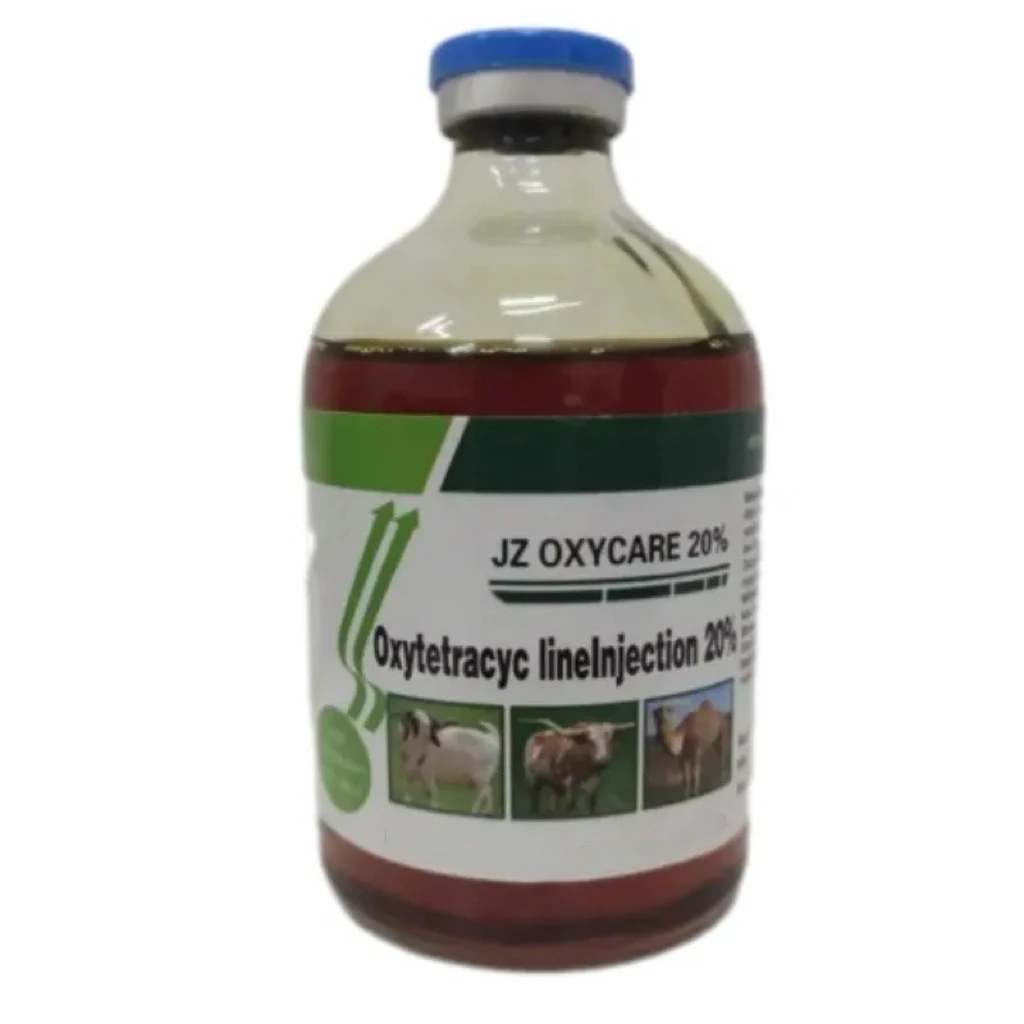- Afrikaans
- Albanian
- Amharic
- Arabic
- Armenian
- Azerbaijani
- Basque
- Belarusian
- Bengali
- Bosnian
- Bulgarian
- Catalan
- Cebuano
- Corsican
- Croatian
- Czech
- Danish
- Dutch
- English
- Esperanto
- Estonian
- Finnish
- French
- Frisian
- Galician
- Georgian
- German
- Greek
- Gujarati
- Haitian Creole
- hausa
- hawaiian
- Hebrew
- Hindi
- Miao
- Hungarian
- Icelandic
- igbo
- Indonesian
- irish
- Italian
- Japanese
- Javanese
- Kannada
- kazakh
- Khmer
- Rwandese
- Korean
- Kurdish
- Kyrgyz
- Lao
- Latin
- Latvian
- Lithuanian
- Luxembourgish
- Macedonian
- Malgashi
- Malay
- Malayalam
- Maltese
- Maori
- Marathi
- Mongolian
- Myanmar
- Nepali
- Norwegian
- Norwegian
- Occitan
- Pashto
- Persian
- Polish
- Portuguese
- Punjabi
- Romanian
- Russian
- Samoan
- Scottish Gaelic
- Serbian
- Sesotho
- Shona
- Sindhi
- Sinhala
- Slovak
- Slovenian
- Somali
- Spanish
- Sundanese
- Swahili
- Swedish
- Tagalog
- Tajik
- Tamil
- Tatar
- Telugu
- Thai
- Turkish
- Turkmen
- Ukrainian
- Urdu
- Uighur
- Uzbek
- Vietnamese
- Welsh
- Bantu
- Yiddish
- Yoruba
- Zulu
Ноя . 10, 2024 07:48 Back to list
Dexamethasone Phosphate Injection Uses and Benefits for Treating Inflammation and Allergies
Dexamethasone Phosphate Injection An Overview
Dexamethasone phosphate, a potent synthetic corticosteroid, is widely used in medical practice due to its anti-inflammatory and immunosuppressive properties. This medication is particularly significant in the treatment of various conditions such as allergies, autoimmune diseases, and certain types of cancer. Administered through injection, dexamethasone phosphate offers rapid systemic effects, making it an essential component in acute care settings.
Mechanism of Action
Dexamethasone phosphate acts by mimicking the effects of naturally occurring corticosteroids produced by the adrenal glands. It exerts its effects primarily through the regulation of gene expression. Upon entering the targeted cells, dexamethasone binds to specific glucocorticoid receptors in the cytoplasm, leading to the translocation of the receptor complex into the nucleus. This complex subsequently interacts with glucocorticoid response elements (GREs) in the DNA, modulating the transcription of genes involved in inflammation and immune responses.
The anti-inflammatory actions of dexamethasone are multifaceted. It inhibits the production of pro-inflammatory cytokines, decreases the migration of immune cells to sites of inflammation, and suppresses the synthesis of inflammatory mediators such as prostaglandins and leukotrienes. By doing so, dexamethasone effectively alleviates symptoms related to inflammatory conditions, allowing for improved patient outcomes.
Clinical Applications
Dexamethasone phosphate injection is utilized in numerous clinical scenarios. One of its primary uses is in the treatment of severe allergic reactions, including anaphylaxis. In such emergencies, the rapid onset of dexamethasone’s effects can help mitigate life-threatening symptoms.
Additionally, dexamethasone is integral in the management of various autoimmune disorders like lupus, rheumatoid arthritis, and multiple sclerosis. It helps curb the abnormal immune response characteristic of these conditions, reducing inflammation and pain while promoting patient mobility and quality of life.
In oncology, dexamethasone phosphate is often used as part of the treatment regimen for patients undergoing chemotherapy. It can help manage side effects such as nausea and vomiting and may also reduce the risk of allergic reactions to certain chemotherapeutic agents. Furthermore, its efficacy in treating cerebral edema associated with tumors and other conditions highlights its versatility in cancer management.
dexamethasone phosphate injection

Moreover, dexamethasone has gained attention in the treatment of COVID-19. The RECOVERY trial demonstrated that dexamethasone significantly reduced mortality in hospitalized patients requiring oxygen or mechanical ventilation, establishing its role as a crucial therapy in managing severe cases of the disease.
Administration and Dosage
Dexamethasone phosphate injection is typically administered intravenously or intramuscularly, allowing for immediate absorption into the systemic circulation. The dosage varies depending on the condition being treated, the severity of the symptoms, and the patient’s overall health profile. It is essential for healthcare providers to tailor the dosage to individual patient needs, emphasizing the importance of monitoring for therapeutic efficacy and potential side effects.
Side Effects and Precautions
While dexamethasone phosphate is generally well tolerated, it may cause a range of side effects. Common adverse reactions include increased appetite, mood swings, insomnia, and gastrointestinal disturbances. More serious complications can arise, particularly with long-term use, including osteoporosis, skin thinning, and increased susceptibility to infections. Therefore, it is critical for clinicians to weigh the benefits against the potential risks when prescribing this medication.
Patients with specific conditions, such as systemic fungal infections, active tuberculosis, and certain psychiatric disorders, should use dexamethasone with caution. Additionally, it is essential to taper the dosage gradually, rather than abruptly stopping the medication, to minimize withdrawal symptoms and adrenal insufficiency.
Conclusion
Dexamethasone phosphate injection remains a cornerstone in the treatment of various medical conditions marked by inflammation and immune dysregulation. Its ability to provide rapid relief in acute settings is invaluable, yet it is accompanied by a need for careful consideration of potential side effects and contraindications. As research continues to evolve, so too will our understanding of its full therapeutic potential, ensuring dexamethasone phosphate remains a critical component in the medical arsenal against diverse diseases. With proper administration and monitoring, dexamethasone can significantly improve quality of life for countless patients across a spectrum of clinical scenarios.
-
Guide to Oxytetracycline Injection
NewsMar.27,2025
-
Guide to Colistin Sulphate
NewsMar.27,2025
-
Gentamicin Sulfate: Uses, Price, And Key Information
NewsMar.27,2025
-
Enrofloxacin Injection: Uses, Price, And Supplier Information
NewsMar.27,2025
-
Dexamethasone Sodium Phosphate Injection: Uses, Price, And Key Information
NewsMar.27,2025
-
Albendazole Tablet: Uses, Dosage, Cost, And Key Information
NewsMar.27,2025













